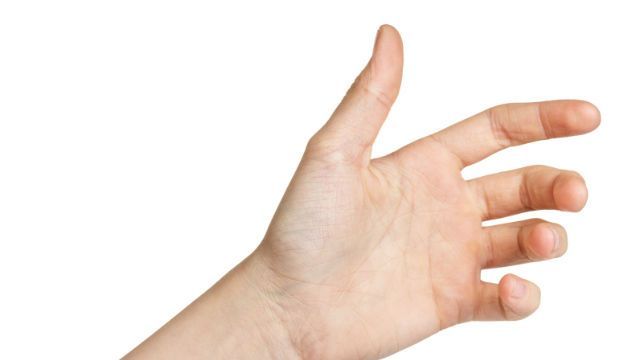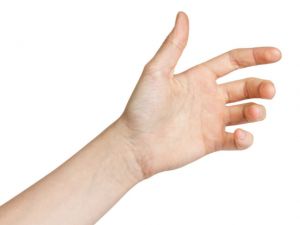
The enigma of “handedness” – whether someone is left or right handed – has puzzled humans for ages. Approximately 90 percent of the world’s population predominantly uses their right hand, while the other 10 percent, mostly men, prefers the left. Interestingly, this ratio has been more or less the case since history began recording these matters.
To this day, much mystery remains around the differences between left and right handed individuals. While in earlier generations, some thought ill of left-handedness, and saw it as a flaw, or even a sign of the devil in some cases, today it is widely accepted in most parts of the world.
There is a common view that left handed people are more creative, though according to psychologist Chris McManus, author of Right Hand Left Hand, “although there are recurrent claims of increased creativity in left-handers, there is very little to support the idea in scientific literature.”
Want to learn a bit more about lefties? The following are nine southpaw tidbits you may not have heard.
- There is virtually no one on Earth who is completely right or left handed. Handedness is simply a preference for one hand over the other – which is more pronounced in some people than others.
- A small study found that left handed people wrote better with their right hand than right handed people using their left hand. The authors of the 2012 study wrote, “it is possible for adults to learn to write legibly with their non-dominant hand. Left-handers have a higher legibility score initially although right-handers improved with training more than left-handers.”
- Many of history’s most brilliant people have been left handed. These include Leonardo da Vinci, Albert Einstein, Michelangelo, Paul McCartney and Aristotle.
- Left-handedness was a sign of luck to the North American Zumi, and the Incas viewed this trait as indicative of spiritual abilities.
- Predominant use of one’s left hand can provide an advantage in certain sports. In fighting sports such as boxing, for example, left-handers are more accustomed to fighting right-handed people, while right-handed people may have very little experience fighting those who are left-handed. Left-handers have a similar advantage in tennis.
- Strangely enough, some research has found that left-handers are better at adjusting to seeing underwater than right-handers. One hypothesis is that the part of the brain that is dominant in a left-hander versus a right-hander plays a role in this observation.
- Left-handers may type faster than right handers, because when typing on a QWERTY keyboard, nearly 1500 English words are typed only with the left hand, while just under 200 are typed only with the right.
 Several languages, including various Arabic languages and Hebrew, are written from right to left. This may make learning these languages, and writing in them, easier for left-handed people.
Several languages, including various Arabic languages and Hebrew, are written from right to left. This may make learning these languages, and writing in them, easier for left-handed people.- Some researchers hypothesize that left-handed people are more independent, since much of the world is geared toward right-handed people, and the left-handed must adjust.
-The Alternative Daily
Sources:
http://www.independent.co.uk/voices/comment/why-are-lefthanded-people-so-brilliant-8919135.html
http://www.psychologytoday.com/blog/brain-myths/201303/three-myths-and-three-facts-about-left-handers
http://www.degruyter.com/view/j/anre.2012.75.issue-2/v10044-012-0012-4/v10044-012-0012-4.xml
http://leftyfretz.com/25-facts-about-left-handed-people
http://www.anythinglefthanded.co.uk/lh-info/advantages.html#sthash.mJZQNLBz.dpbs

